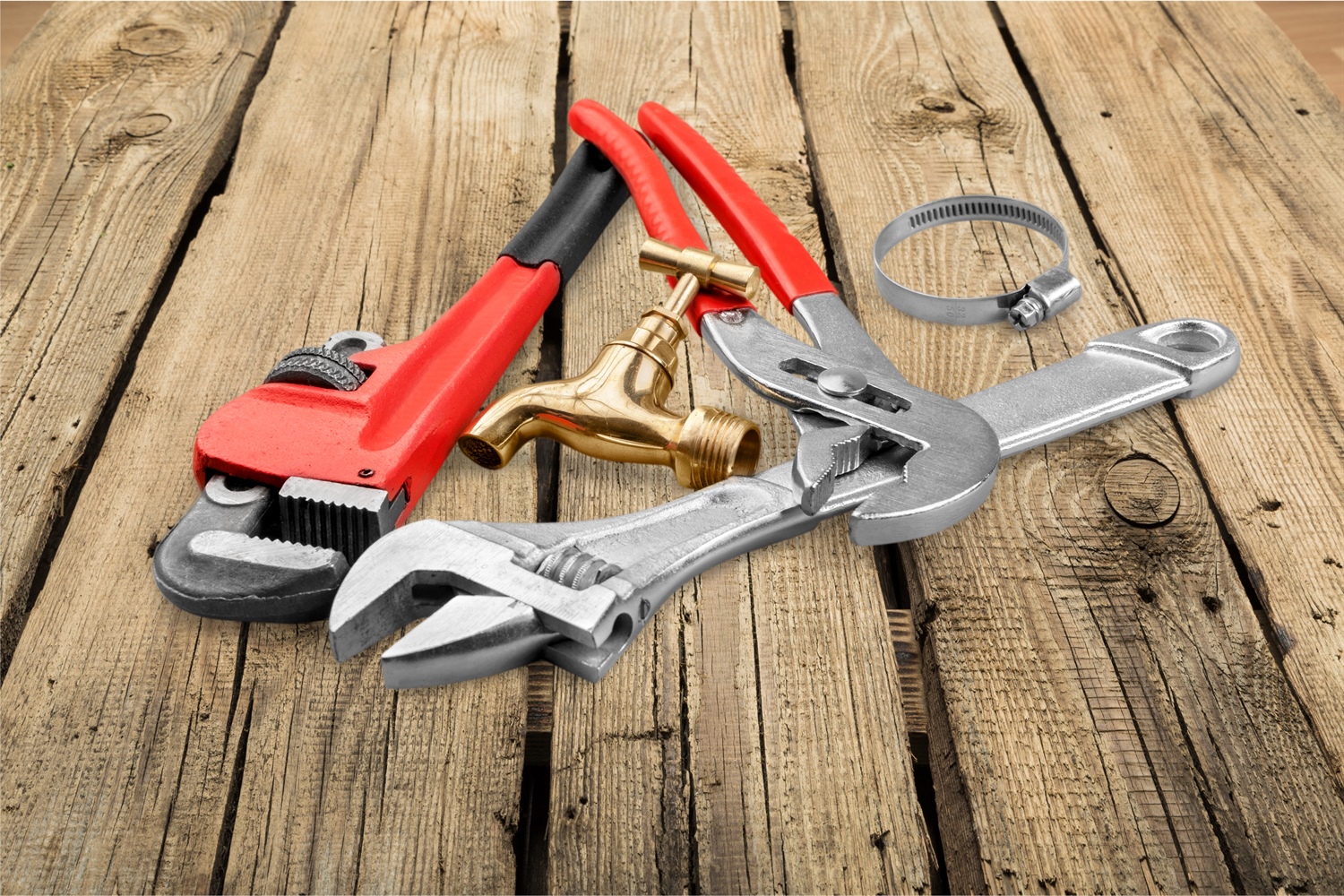The History of Plumbing – From your local Dulwich plumber
You’re looking for a trustworthy, experienced plumber in Dulwich. Or anywhere else in London, for that matter. The last thing you want is a cowboy. You’re after a firm whose people know their job inside out and back to front, who won’t rip you off, who will treat you and your home or business premises with respect and do a great job without a fuss… without charging you an arm and a leg.
That’s us. We love our job. We like what we do so much that we even enjoy delving into delightful subjects like the history of plumbing. If you want someone genuinely interested in their job – and in your plumbing system – we’re your perfect plumbers. Just in case you find our world as interesting as we do, here’s a brief exploration of plumbing’s background.
What, exactly, is plumbing? A definition
Plumbing applies to any system that moves fluids from A to B. Plumbers work with pipes, valves, tanks, heating and cooling systems, waste removal, and drinking water delivery.
Early plumbing systems – Deadly stuff
Plumbing actually originated several times in different places. As well as the Romans the ancient Greeks created their own clever plumbing systems, as did the Persians, Indians and Chinese: public baths, drinking water systems, and systems to safely remove waste water.
The word ‘plumbing’ comes from the Latin word for lead, plumbum, which makes sense since the Romans used lead pipes to move water around in impressively complex and highly effective ways. But some say the Roman empire ultimately failed because the lead piping they used started to make them ill. They lined their magnificent aqueducts with lead and even used the metal to make baths, which probably exposed them to enormous levels of toxicity over their lifetimes. No wonder they lost the plot.
Exposure to lead can lead to stomach pains, seizures, constipation, headaches, irritability, learning difficulties, weight loss, developmental issues, memory problems, high blood pressure, mood disorders, the inability to have children, premature birth, low birth weight, sluggishness, hearing loss, vomiting, fatigue and strange tingling in the hands and feet. Thank goodness we don’t use lead pipes any more.
When Rome finally fell, the fine art of plumbing was more or less lost. For over 1000 years much of Europe reverted to inefficient, filthy, dangerous and insanitary water systems which killed thousands thanks to diseases like cholera. In fact very little progress was made until the 1800s.
The 1800s onwards
In the 1800s public health authorities began pressing for better waste disposal systems. Over the decades the River Thames, just one example, grew dirttier and dirtier. London’s infamous Great Stink was the final straw, lasting an entire month. Central London in July and August 1858 saw a hot spell which, combined with untreated sewerage and industrial waste in the river, created such a dreadful smell that it became unbearable.
Relief came in the form of the civil engineer Joseph Bazalgette, who developed separate underground water and sewage systems. Eventually the capital’s notorious, stinking open sewage ditches and cesspools disappeared.
From the 1960s onwards Britain’s lead pipe water systems were gradually replaced with piping made from safer materials like copper, ceramic and plastic. These days we very rarely see a lead pipe, although now and again we still come across one.
Today’s plumbing systems
We can be rightfully proud of the modern plumbing systems we enjoy in the UK. But we still see an awful lot of old-fashioned systems, and some that are half and half, cobbled together over the years. Luckily we can handle anything your plumbing system can throw at us, commercial and domestic, and we do it all with good cheer, enthusiasm, expertise and professionalism.
If you need a plumber in Dulwich or anywhere else in the capital, walk this way. We’ll treat you right.




